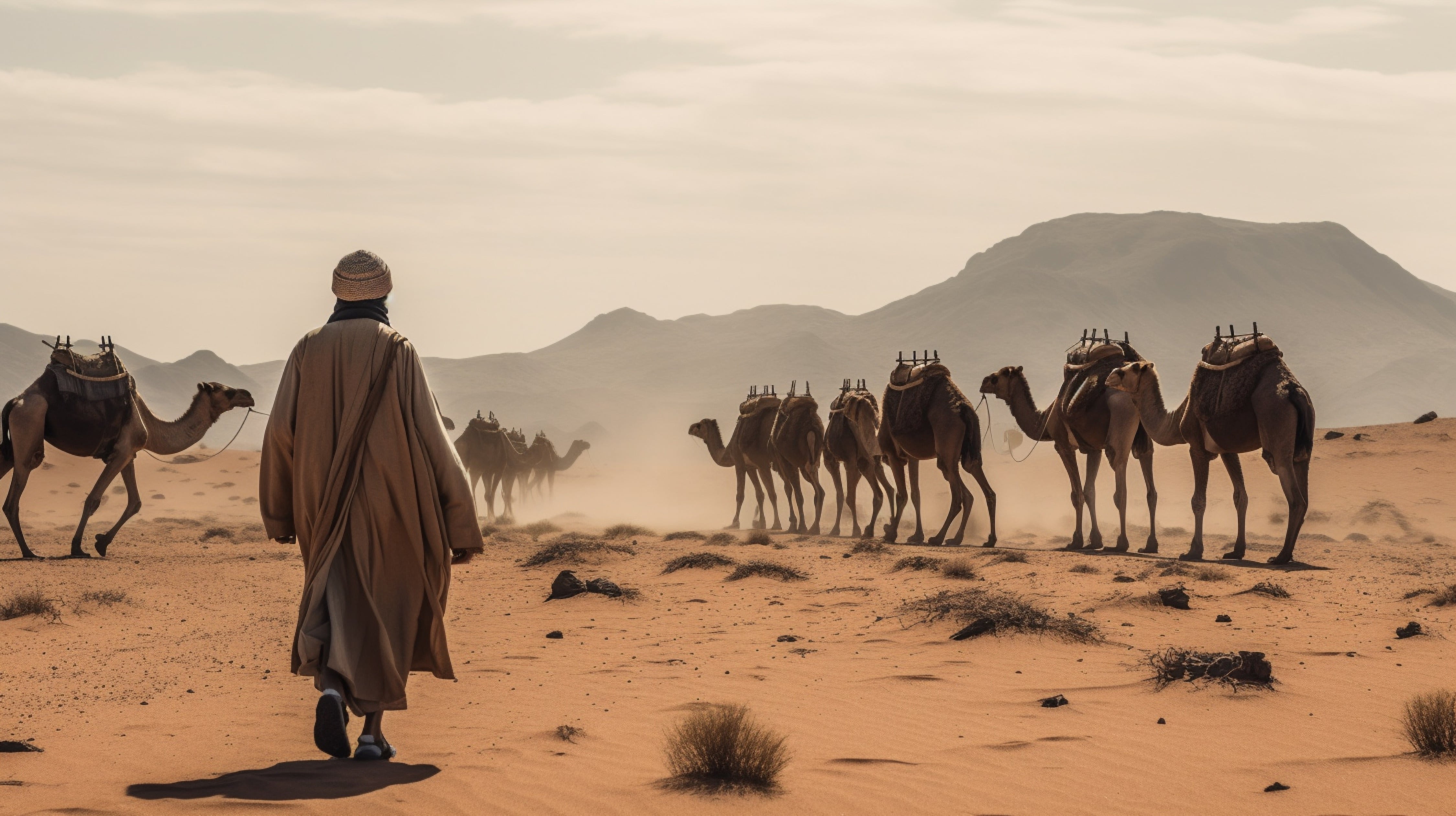The term “nomadic” evokes images of vast open spaces, rugged landscapes, and a lifestyle defined by constant movement. But what exactly does it mean to be nomadic? In this blog, we’ll unravel its meaning, delve into their lifestyle. We will explore the allure of wanderlust that drives individuals to embrace a life on the move.
Understanding the Nomadic Definition
At its core, its definition pertains to a way of life characterized by mobility and impermanence. People who are nomadic do not live in permanent settlements. Instead, they travel from one location to another in quest of trade opportunities, resources, or grazing areas. This lifestyle is deeply rooted in traditions and customs. These have been passed down through generations, shaping the cultural identity of communities around the world.
Embracing Nomadic Wanderlust
For many, nomadic wanderlust is more than just a desire to travel—it’s a way of life. The allure of exploration, discovery, and the unknown beckons individuals to embark on journeys that take them far from the comforts of home. Whether traversing deserts, scaling mountains, or navigating bustling cities, nomads find fulfillment in the freedom to roam and the thrill of experiencing new cultures and landscapes.
The Nomadic Lifestyle: A Tapestry of Diversity
These lifestyles vary widely across different regions and cultures, each with its own unique customs, practices, and traditions. Nomadic herding, for example, is a common livelihood among pastoral communities. They rely on the movement of livestock to sustain their way of life. In regions such as Mongolia and Tibet, this type of pastoralism has been practiced for centuries, with families tending to herds of yaks, sheep, and goats as they migrate across vast grasslands in search of fresh pasture.
- Nomadic Herding: A Time-Honored Tradition
Herding is not just a means of subsistence—it’s a way of life deeply intertwined with the natural rhythms of the land. These herders possess an intimate knowledge of their environment. Thus, navigating changing seasons and unpredictable weather patterns with resilience and adaptability. Their lifestyle fosters a profound connection to the land and a deep respect for the ecosystems that sustain them.
- Nomadic Fanatic: Embracing the Spirit of Adventure
For some, this lifestyle is a calling—an opportunity to break free from societal norms and embrace a life of adventure and spontaneity. These modern-day nomads, often referred to as “nomadic fanatics,” reject conventional notions of stability and permanence in favor of exploration and self-discovery. From van dwellers and digital nomads to backpackers and adventurers, nomadic fanatics embody the spirit of freedom and exploration that defines the nomadic ethos.
Nomadic Pastoralism: Navigating Challenges in a Changing World
While the nomadic lifestyle has endured for centuries, it is not without its challenges. In an increasingly interconnected world marked by rapid urbanization, industrialization, and environmental degradation, nomadic communities face numerous threats to their traditional way of life. Climate change, land encroachment, and government policies often pose existential challenges to pastoralism. Hence, forcing communities to adapt and innovate in order to survive.
Preserving Traditions
As we reflect on the meaning and the richness of their cultures, it is essential to recognize the importance of preserving and protecting these traditions for future generations. It is crucial to support sustainable livelihoods, conserve natural resources, and respect indigenous rights. This is needed to safeguard the diversity and resilience of such communities around the world.
Embracing the Spirit
The nomadic lifestyle embodies a spirit of resilience, adaptability, and exploration that transcends geographical boundaries and cultural divides. Whether herding livestock across the Mongolian steppe, traversing the Sahara Desert, or roaming the highways of North America, nomads share a common bond—a deep reverence for the journey and a profound appreciation for the beauty of the unknown. As we embrace the nomadic spirit, may we find inspiration in the wanderlust. It propels us forward and the sense of freedom that comes from living life on our own terms.
In the end, its meaning encompasses far more than mere movement. It’s a testament to the human spirit’s boundless capacity for adventure, discovery, and connection with the world around us.

